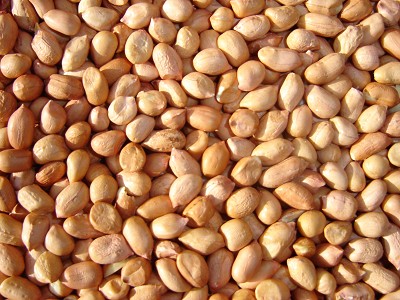Soon, peanut that won't cause allergic reaction
 Washington - Scientists have successfully used pulses of ultraviolet light to remove 80 per cent of allergens from peanuts.
Washington - Scientists have successfully used pulses of ultraviolet light to remove 80 per cent of allergens from peanuts.
Researchers hope the technique can be used to eventually eliminate 99.9 per cent of peanut allergens.
Peanut allergens must be eliminated below a certain threshold for patients to be safe, said Wade Yang, an assistant professor in food science and human nutrition and member of University of Florida's Institute of Food and Agricultural Sciences.
If Yang can cut the allergens from 150 milligrams of protein per peanut to below 1.5 milligrams, 95 per cent of those with peanut allergies would be safe.
It's challenging to eliminate all peanut allergens, Yang said, because doing so may risk destroying peanuts' texture, colour, flavour and nutrition.
But Yang said he is using novel methods like pulsed light to reach an allergen level that will protect most people.
Yang, however, cautioned that he has done peanut allergen experiments only in a laboratory setting so far.
He hopes to eventually conduct clinical trials on animals and humans.
In the study, Yang and his colleagues applied the pulsed ultraviolet light technology to whole peanuts.
That makes the findings more useful, because peanut processing usually starts from whole-peanut roasting, and roasted peanuts are then packaged to sell as whole peanuts or made into peanut butter, Yang said.
The researchers used a pulsating light system ? two lamps filled with xenon, two cooling blowers, one treatment chamber with a conveyor belt and a control module - to direct concentrated bursts of light to modify the peanut allergenic proteins.
That way, human antibodies can't recognise them as allergens and begin to release histamines.
Histamines create allergy symptoms such as itching, rashes and wheezing.
The pulsing light reduced the allergenic potential of the major peanut proteins Ara h1-h3, researchers said.
The study is published in the journal Food and Bioprocess Technology. (PTI)